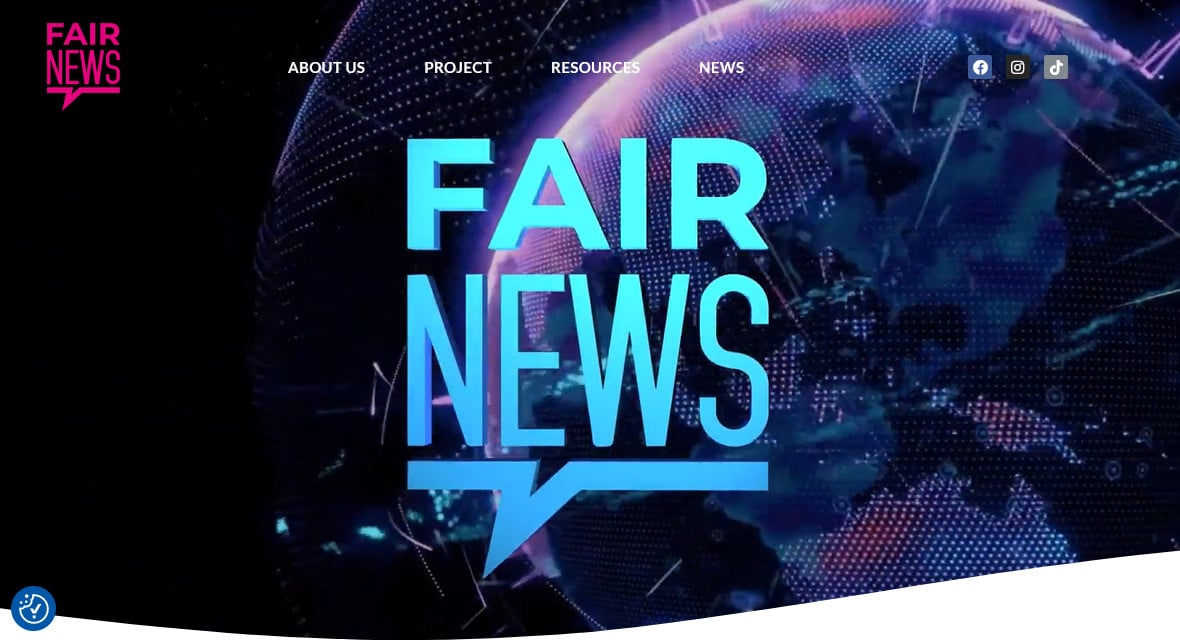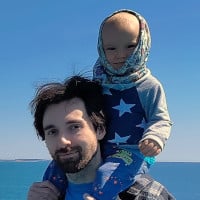Future Narratives
Traces&Dreams’ Projects:
Future Narratives
By harnessing the power of narrative, we can imagine and create a positive and sustainable future for ourselves, our communities and our world.
Future Narratives is a transnational project involving youth organisations and stakeholders across Europe, co-funded by Erasmus+. Our goal is to engage, connect, and empower young people, enabling their voices and their vision to reach out to policy-makers, public administrations, civil society and other young people all over Europe.
Based on the UNESCO concept of Futures Literacy, the capability to decide why and how to use our imagination to introduce the future into the present, we believe that the power of storytelling can enable us to reimagine our pasts, presents and futures.
Through our digital platform, you can follow our learning journey as we create and curate content on narrative, storytelling and future literacy. We will share knowledge, innovation and dialogue, for young people, youth organisations and all those interested in using narrative to reimagine our future together.










